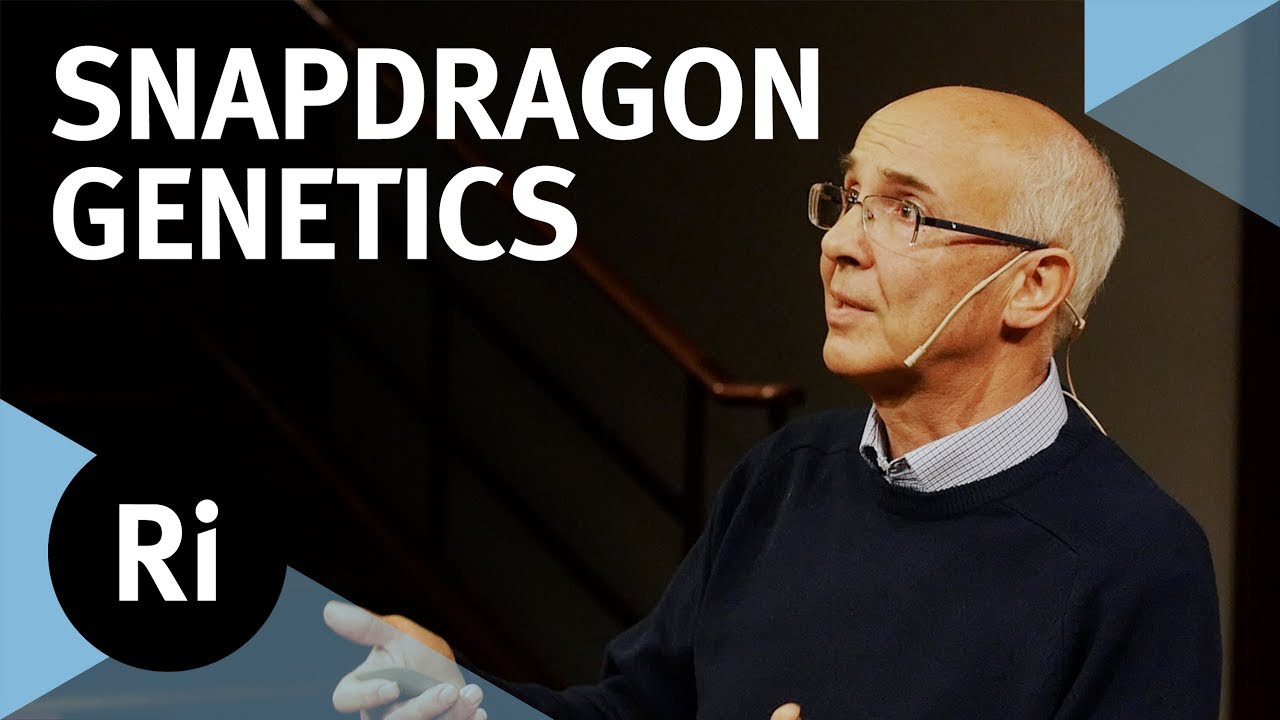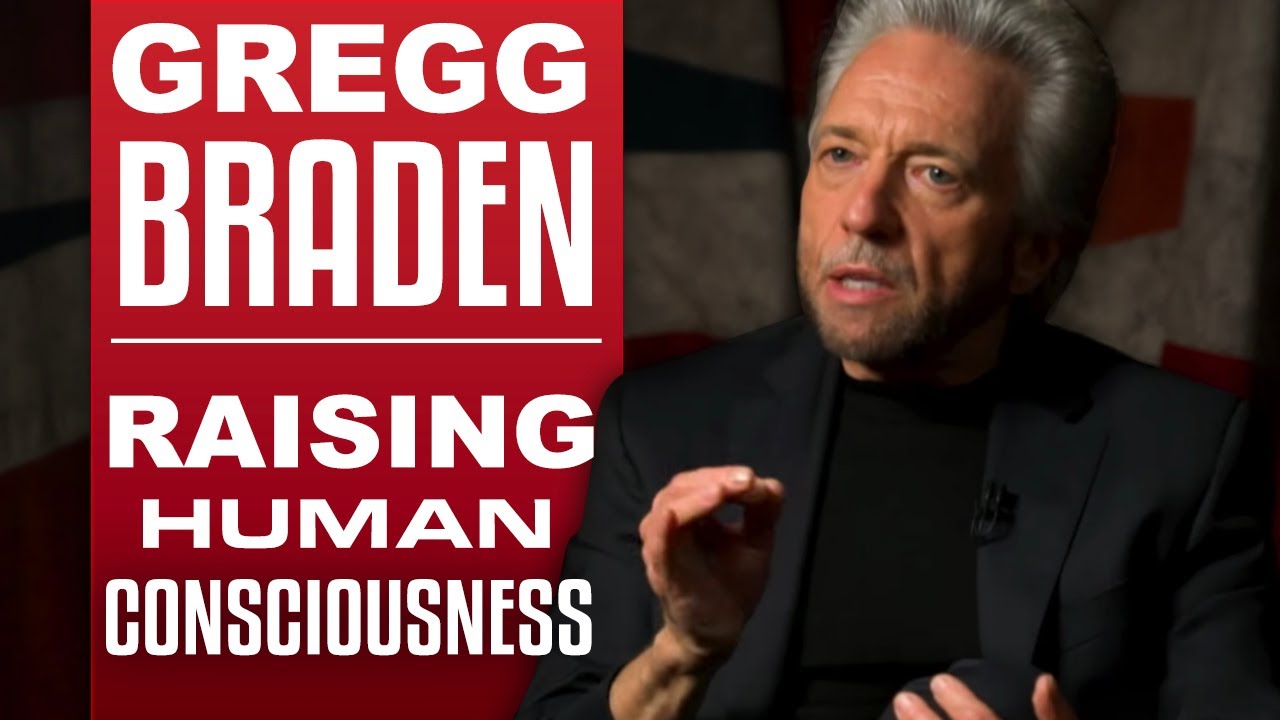The Royal Institution
Every species seems beautifully adapted to its way of life, so why do species ever change? Enrico Coen gives the 2017 JSB Haldane Lecture.
Subscribe for regular science videos: http://bit.ly/RiSubscRibe
Watch the Q&A here: https://youtu.be/2qj89q3k7U0
Enrico Coen discusses how studying the snapdragon flower and its wild relatives is providing fresh answers to questions about adaptive change and population transformation. He will show how genes and environment interact to drive populations to explore new evolutionary paths.
Enrico Coen is a biologist who studies the mechanisms used by plants to create complex and varied flower structures. Enrico combines molecular, genetic and imaging studies with population and ecological models and computational analysis to understand flower development.
This talk was recorded in the Royal Institution on 21 November 2017.
The Ri is on Twitter: http://twitter.com/ri_science
and Facebook: http://www.facebook.com/royalinstitution
and Tumblr: http://ri-science.tumblr.com/
Our editorial policy: http://www.rigb.org/home/editorial-policy
Subscribe for the latest science videos: http://bit.ly/RiNewsletter
Source




clicked on this expecting a tech video on the company, snapdragon lol
Amazing presentation, it was really clear and rich in content. I would’ve loved to have been there, because after the presentation I have many questions that weren’t asked in the Q&A segment:
How do they know that the white fenotype came first?
How do they know that the yellow and purple fenotypes have the same fitness? It perhaps would be useful to compare and see what flowers do bees prefer the most
Do these flowers have ultraviolet patterning?
Wasn’t the idea of the genetic pioneers already in the theory of natural selection? Because natural selection would act upon the variants of species and those variants remember me the genetic pioneers mentioned in this talk. How does that concept contribute to population genetics?
Completely lost me at the end. Then when he summarized it's like DUH, why did he even do this talk in the first place? Has he never heard of ecology?
Adaption to the Environment with the Human Condition is a Myth. Go outside without your clothing and you'll be dead within a day. Especially while walking around London.Adaption is from Ingenuity not Genes.A good Idea if you will that others copy. I also find it amusing that your studying Genes from "Norwich" …your findings will definitely be off.
Here is just a small aside on which side of the road to drive on. Below are the coordinates of a unique place ( as far as I know) where there is two-way traffic not on a dual carriageway (no median strip) and the rules of the road are to drive both on the left side and the right side at the same time. There are no collisions even though the traffic is continuous and non-stop and there are no traffic control signals such as traffic lights.
19 deg 44.162 min N / 96 deg 11.868 min E
6:08 this woman and her phone omg i would get so tilted if i was presenting my work and people would be distracted with their phones while i was talking….. hmm thats probably because i'd only make a presentation if i truely cared about that topic and i would want others to care, too… idk
Wow. Snapdragon is the only flower I grow. They're on my balcony as I type. 🙂
thank you. always a pleasure to hear a real scientist sharing their work and findings. MG1
How much black spraypaint do you think is on that desk now?
a nice presentation, thank you, one small point – I think the mic could do with some high frequency roll off, nothing much to be gained by leaving it open beyond a few Khz, and it will help avoid the high frequency sibilence. Keep up the good work.
Just about to apply to a master's programme in Population Genetics, focusing on endangered species.
This video really inspired me to find the inner spark again, writing the best possible application letter I could write! Quite often, those sparks are kept hidden away, since it is not always accepted being a "nerd". Thank you for sharing your joy about your subject! And for the record – I know many of us nerds would be thrilled to talk biology with you at any party!
Good video, will recommend
i think it is very interesting!!!!!!!
I consider the school sign thing more about availability of people selling signs if I make N!-1 signs inexpensively and there is a huge 0 on each sign then evidently people governments etc will have a contest to design a new sign and amazingly my sign with the large 0 will win whether I offered a sample or not. so I sorta don't think that to be a good analogy. when you are speaking of plants why not plot the daughters of first differentiation where the differentiation would be greatest? just thinking out loud here….
Is there a dimensional model of cooperating universities and success?
This video is very interesting, especially if you have been interested in psychology and the relation between psychopathic and altruistic people. They are almost like the yellow and purple flowers. I wonder if it's the same principle causing that segmentation.
He gets money and honor for work done 20+ years ago by someone else.
Brilliant lecture – gave me a small understanding of this complex science.
This Dr is a great presenter. Soothing
A great presentation – clear, obviously well thought out and really informative. Thanks.
This Idea has been with me a long time. Anything that can survive will. And sometimes it just comes down to luck. I like dahlias and I don't know why.
Bees are picky. My great uncle raised bees and it was up in the Grand Teton area. He had Twenty different flavors of Honey. Bees will stick to a certain type of flower. So you got to have several different batches of bee colonies where they meet you will get hybrids because the bees are actively hybriding the flowers naturally.
because they are glowing under UV? 😀
blah blah blah evolution, bladity blah blah blah evolution? adaptation is proven but evolution is dead! darwin would have never proposed it if had access to the technology we have today, as he had no idea of the complexity of the cell etc….. so very boring to listen to such outdated rambling.